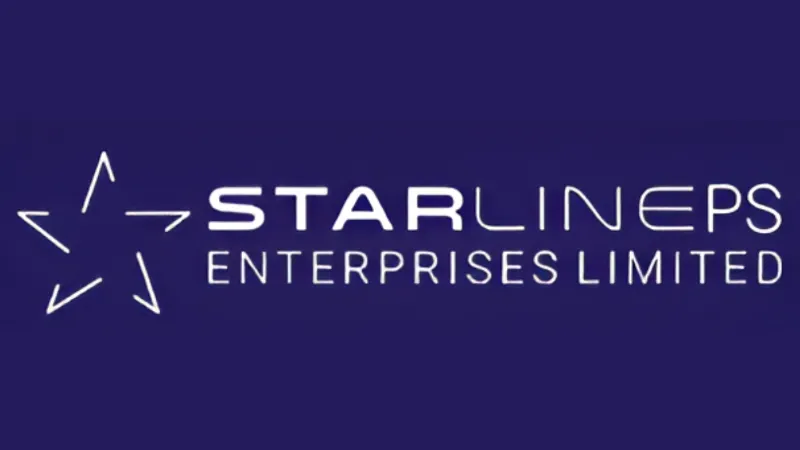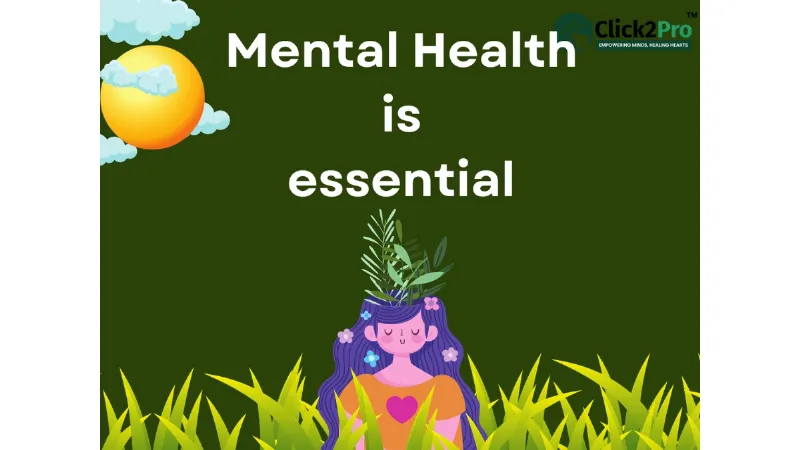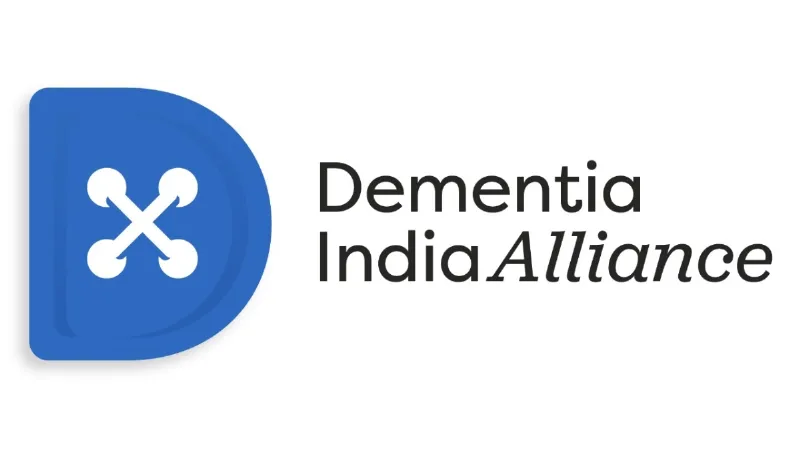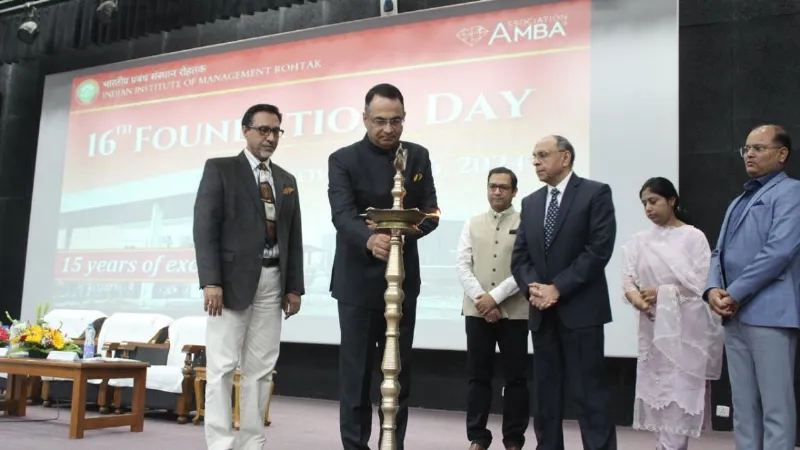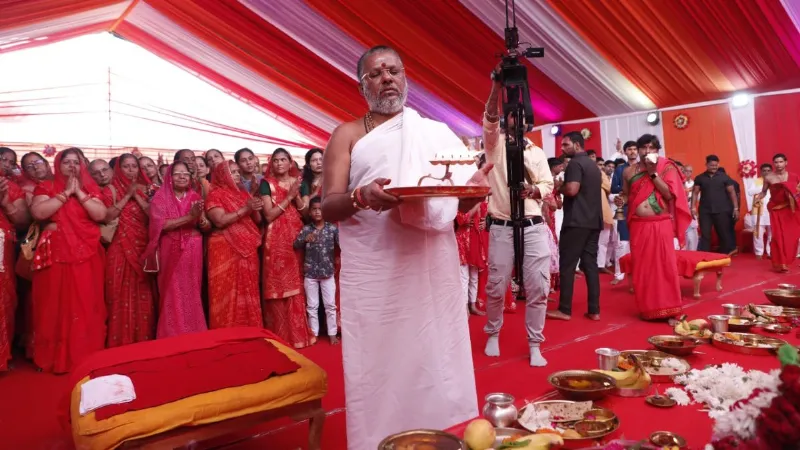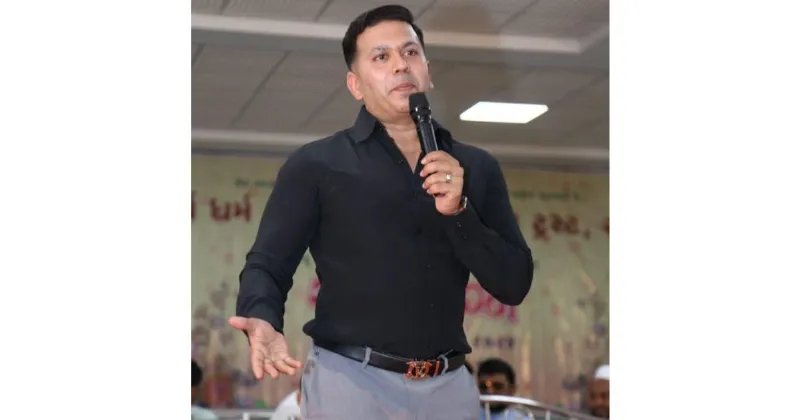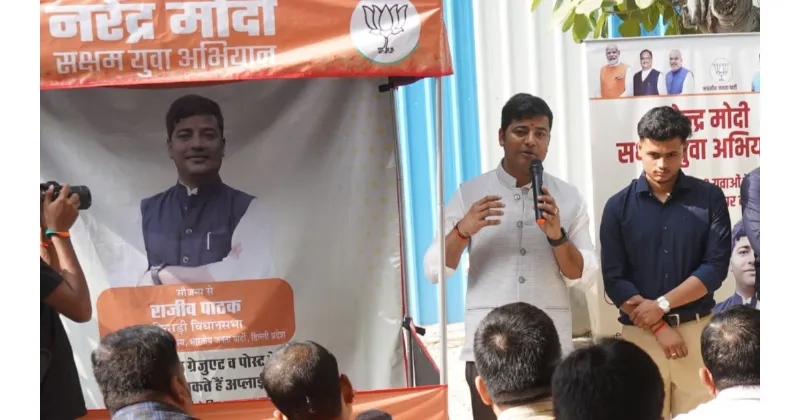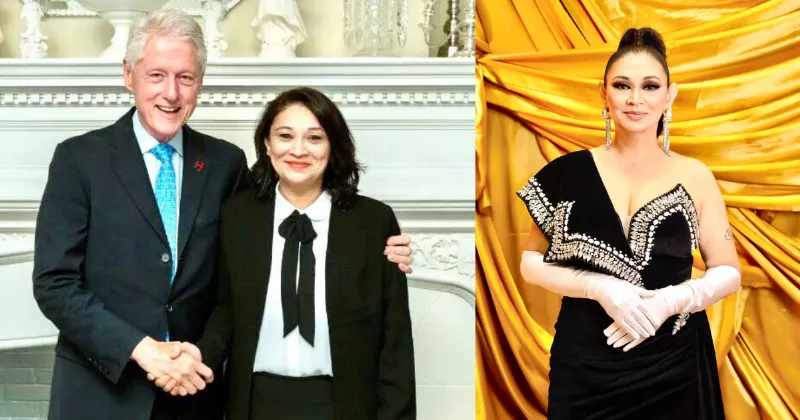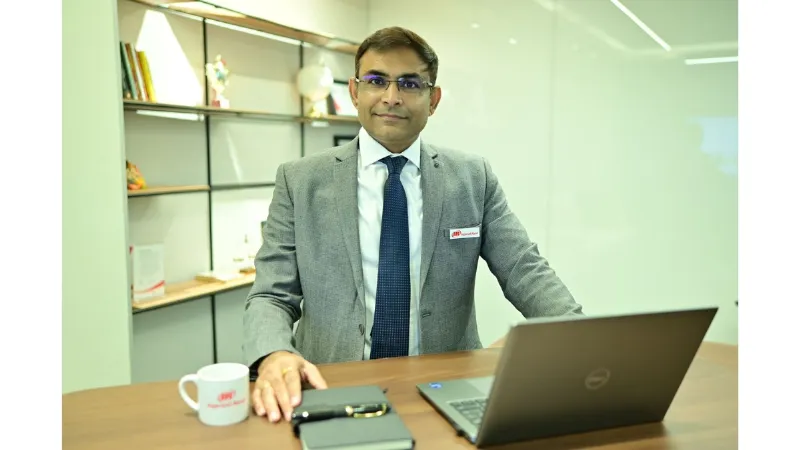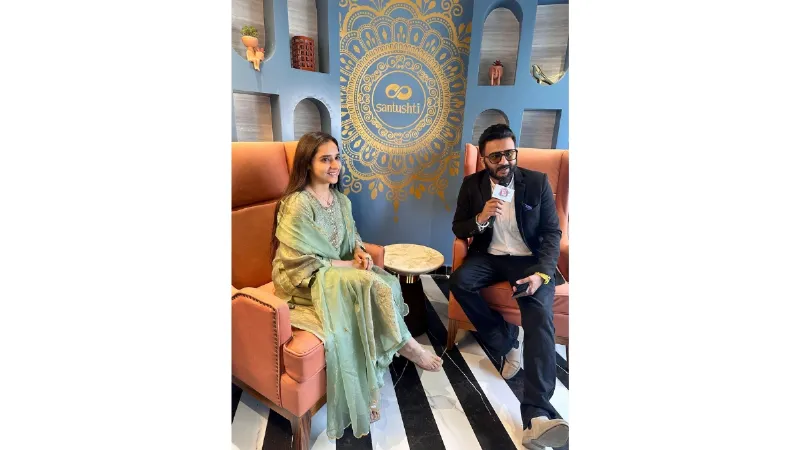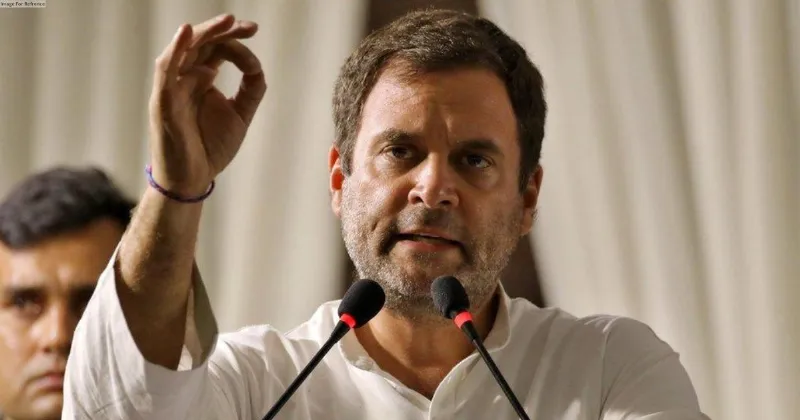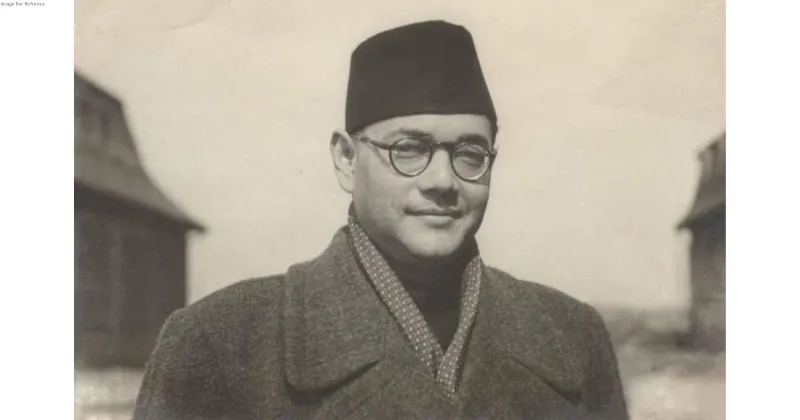Navigating Change: UGC's Policy Shift and the Changing Landscape of Academic Hiring
 (3).jpg)
One of the major errors integrated within India's educational system has been the wide demand for college degrees as a prerequisite to employment. For years, one of the major eligibility criteria that persisted around assistant professors was the need for a mandatory Ph.D. for individuals who wanted to become assistant professors.
In 2018, the University Grant Commission requested that educational institutions place the PhD criterion on students who applied for entry-level jobs in 2021. This mandate was repealed and criticized by various universities as various candidates could not complete their PhDs amid the COVID-19 pandemic. Understanding the widespread challenges this new mandate underwent, UGC decided to defer its implementation.
In July 2023, this mandate was permanently removed, enabling students from all across the nation to pursue academic goals. As these changes are implemented and embedded in the nation's educational landscape, various examinations like NET, SET, and SLET have been substituted as the prerequisites for direct recruitment to assistant professor positions across India. Students are tested based on their mettle and competence rather than academic resources. In the aftermath of this mandate, UGC Chairperson. M Jagadesh Kumar attested, "If they clear NET/SET/SLET, they will become eligible to apply for the post of assistant professor in all higher education institutions (HEIs)."
As this new change and implementation sweeps through the nation, the academic hiring landscape is set to change for the better. For years, the fundamentals of academic hiring relied on the principle of academic resources and availability. However, as the new UGC policy is adopted across the nation, education institutions will see an equitable selection process alongside the emergence of newer and younger prospects who follow a distinctive learning approach.
Conducted by the National Testing Agency (NTA) and entrusted by the University Grant Commission (UGC), the National Eligibility Test (NET) tests the candidate's domain knowledge and teaching aptitude in more than 83 different subjects. Beyond its basic structure, the exam unearths the candidate's cognitive abilities, general awareness, research ability, and learning process.
Regardless of extraterrestrial intricacies, academic hiring is undeniably set to revolutionize with greater inclusion and diversity in the upcoming years. While most people will consider these changes radical, India's education system has undergone vital transformations recently with the passing of the National Education Policy. Now, the recent UGC guidelines have augmented the possibility for various prospects.
This policy will also be vital in restoring the value of PhDs that have undergone a major saturation point across the past decade. This statement was backed by the Secretary General of Indian Universities, Pankaj Mittal, who said, "Various instances have come to the fore where students are doing Ph.D. in a hurried manner just to become eligible for the post of assistant professor without concentrating on its quality" regardless, the onset of UGC's new policy shift will elevate academic hiring to prioritize students who are diverse, driven and align with the nations evolving education system.
Recognized as one of the leading institutions in Delhi NCR for their technological inclusion and holistic learning approach, IMS Ghaziabad (University Courses Campus) places a vital emphasis on their hired faculty and experts to augment student development to the highest echelon. Understanding the correlation between quality professors and student development, we host an international teaching faculty with corporate experience and learning modules.
Affiliated with CCS University, Meerut, IMS Ghaziabad (University Courses Campus) a NAAC ‘A’ grade and UCG 12(B) Status institute provides high-quality courses in management studies, international business, information technology, biosciences, journalism, and engineering. Developing a cumulative expertise in experiential learning, our inclusive and technological expertise aligns with the nation's changing field of education. The institute's over 3 decades of teaching experiences across 3 campuses and more than 8000+ enrolled students are leaving a stirring impact nationwide.

